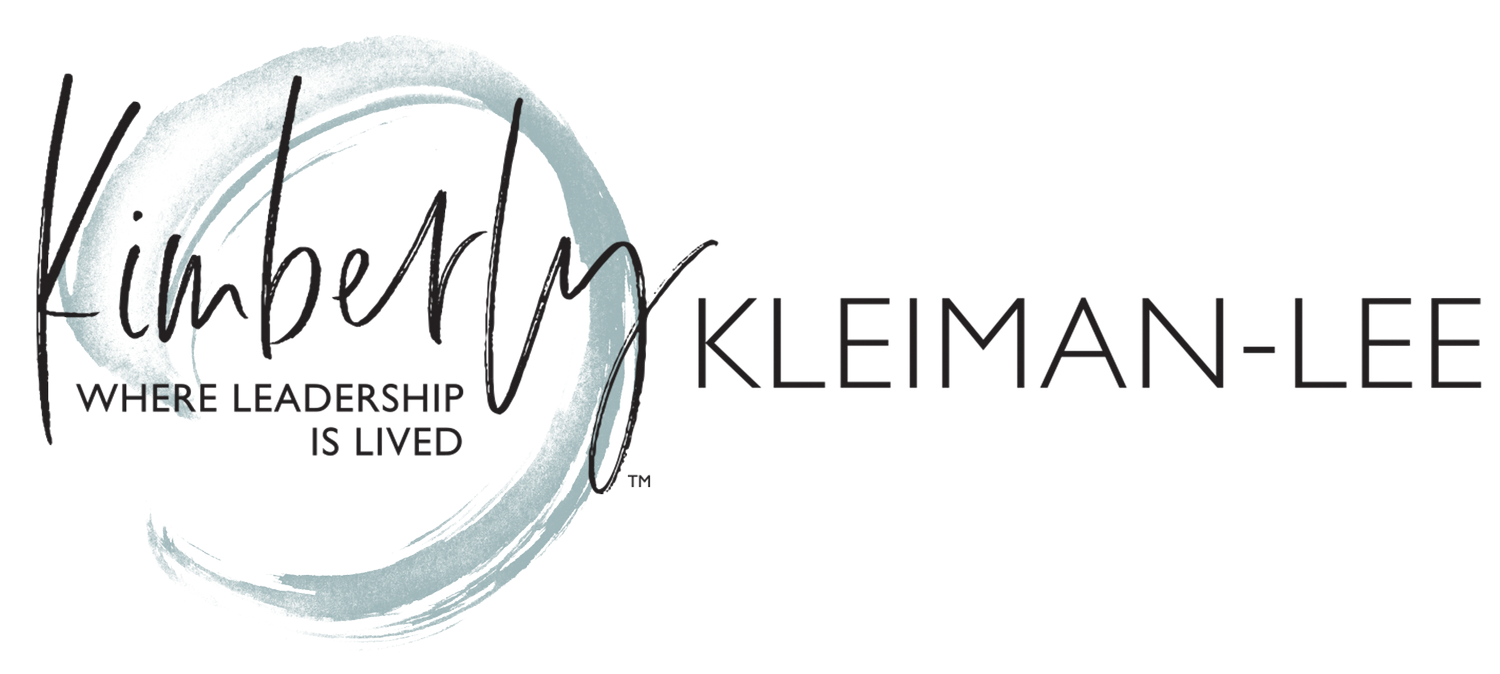Get Deadlines Back on Track
In this fast-paced work-world, juggling multiple priorities is…well…reality. So, when your employee’s “occasionally missed deadlines” morphs into a chronic past-time, it’s time for a heart-to-heart and tighter oversight. Intellectually, you know that a thoughtful and constructive approach is needed to get this person back on track (and keep your team happy). That said…let’s be honest, what you really want to do is sink your head in the sand and avoid any conflict that could generate angst three cubicles over. What’s a deadline-sensitive manager to do?
Avoidance might keep the peace but will eventually impact the team’s productivity (and their confidence in you as a manager). Imagine a world where missed deadlines become the norm: projects stall, trust dwindles, collaboration erodes, and chaos ensues. Without addressing the issue, you risk unhappy customers, a stressed-out team and, let's be honest, an impact to your brand as a skilled manager.
“You missed the Friday deadline again???”
“You know this is part of your job, right?”
“No big deal. I know there’s a lot going on right now. Just try harder next time.”
Keep your emotions neutral. Finger-pointing or being confrontational can lead to defensiveness and doesn’t get at the "why." Conversely, swinging the empathetic pendulum too far in the other direction gives them a pass on their poor performance. It’s time to correct the behavior with the right words and a structured approach.
“I know we've had a lot going on lately and I’ve noticed that you've struggled to meet our agreed upon deadlines. Please schedule time for us first thing tomorrow morning to review your workload and upcoming deadlines. Let’s plan to create a path forward."
During that necessary dialogue focus on the 1) task/project, 2) remaining actions, 3) agreed upon deadline(s), and 4) plan to meet that deadline. Have your employee summarize your dialogue in email, Slack, or your project management tool of choice. Lastly, schedule a 15-minute standing meeting daily or every other day to get the work back on track. A standing meeting is meant to be quick and structured by answering the following four questions:
What progress did you make yesterday?
What are your priorities for today?
Do you foresee any risks in completing that work or meeting the deadline?
What help do you need from me?
*Notice that we recommend that your employee schedule the initial dialogue and summarize the subsequent dialogue in writing (not you). This helps them structure their thoughts, the work, and take ownership of their performance miss. How well they initiate and organize the path forward serve as additional performance data requiring further development.
Final Word:
People Leaders (Managers) exist for two primary reasons:
work production and employee engagement.
Your priority is to get the work back on track and (re)build skills and confidence in the process. If you find that the cause of these consistent misses is a broken process, a need for training, a personal situation, engage the employee by focusing on solutions: “If x is the issue, what changes would you recommend?” “What risks have you identified?” “What might be impacting or hindering your progress?” "What are the next 3 steps you plan to take?"
Humans tend to be accountable if they are an active part of the problem-solving. They will feel listened to, and you will have laid the groundwork for future conversations. If the role is not a fit for this human...well...we have different Words for that scenario. For now, without a direct, productive conversation, the work and this employee will continue to suffer. Patience, a listening ear, and a structured plan will go a long way toward transparency, trust, and consistent performance in the future.
“If you don’t hold employees accountable you create a culture of mediocrity.”
Jason Richmond, Founder & Chief Culture Officer of Ideal Outcomes, Inc.; Forbes Contributor
“Effective leaders provide the right amount of support and accountability based on each situation. When performance isn’t quite up to par, they don’t look for a person to blame, but rather seek to uncover the underlying causes and to provide the support necessary for success.”
Sylvia Melena, Founder & CEO, Melena Consulting Group; Author, Supportive Accountability
Don’t stop now! Learn more from a few of our personal favs below:
Disclosure: The resources shared and listed by KKL & Co. are those that have been evaluated to be of high value to our leaders. We are proud affiliates for some of these resources, meaning if you click a link and make a purchase, we earn a nominal commission at no extra cost to you. Please don’t spend any money on these resources unless you believe they will help you become a better human.














